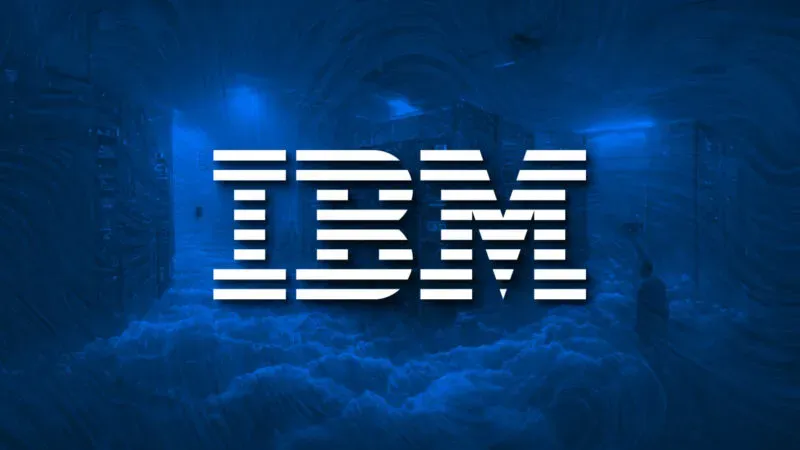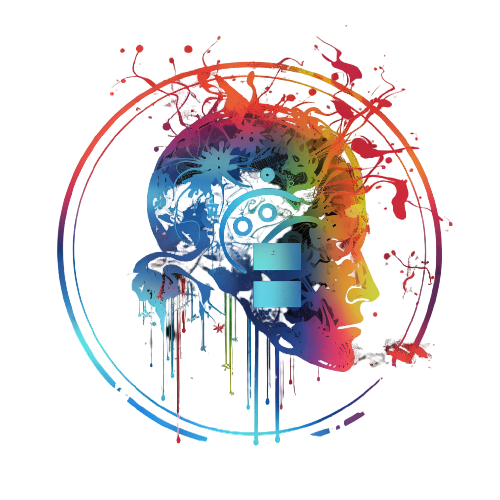IBM's AI Shift: Up to 7,800 Jobs on the Line as Hiring Pauses
IBM is pausing hiring for jobs that AI can perform, signaling the growing impact of AI on the workforce and potentially affecting up to 7,800 positions.

The AI Revolution Begins: IBM's Hiring Pause
IBM Corp. has announced that it expects to pause hiring for positions that artificial intelligence (AI) can potentially perform, marking a significant moment in the adoption of AI technology in the workplace. According to a Bloomberg News interview with IBM's CEO, Arvind Krishna, up to 7,800 jobs within the company could be impacted, with hiring in back-office roles, such as human resources, being most at risk of suspension or slowdown.
The Future of Work: How AI is Changing Job Prospects
As generative AI becomes increasingly sophisticated, experts have warned of its potential to displace workers. A Goldman Sachs report in late March estimated that generative AI could significantly disrupt the global economy, putting 300 million jobs, particularly white-collar ones, at risk of automation. IBM's recent announcement serves as an early indication of how widespread the impact of generative AI could be within corporations.
The AI Wave: Transforming Industries
The influence of AI is not limited to IBM or the technology sector. Various industries, from finance and healthcare to manufacturing and retail, are beginning to experience the transformative power of AI. As companies leverage AI capabilities to improve efficiency, reduce costs, and drive innovation, the nature of work in these sectors is rapidly changing. Employees may need to adapt and upskill to stay relevant in an increasingly AI-driven world.
Adapting to AI: The Evolving Workforce
While AI is likely to have a profound effect on the workforce, some experts argue that it will not necessarily lead to massive job losses. Tom Davenport, a professor of information technology and management at Babson College, believes that most jobs will evolve as a result of AI, rather than disappear entirely. He suggests that as certain tasks are automated, new tasks will emerge, allowing humans to continue finding value in their work.
Upskilling and Reskilling: Preparing for the AI Future
To thrive in an AI-dominated work environment, employees must be proactive in acquiring new skills and knowledge. Companies can play a crucial role in fostering a culture of continuous learning by providing resources, training programs, and support for their workforce. Governments and educational institutions can also contribute to the development of a skilled and adaptable workforce by offering relevant courses and certifications.
AI Ethics and Responsible Adoption
As AI becomes more pervasive, it is essential to consider the ethical implications of its widespread adoption. Companies must be transparent about their use of AI and ensure that the technology is deployed responsibly and fairly. Addressing issues such as privacy, security, and bias is crucial to building trust in AI systems and preventing unintended consequences that could undermine the potential benefits of this revolutionary technology.
Stay informed on the latest AI trends and their impact on the workforce. Sign up for our newsletter and join me on LinkedIn for in-depth discussions and insights on the rapidly evolving world of AI, its implications on employment, and strategies for adapting to this transformation.
